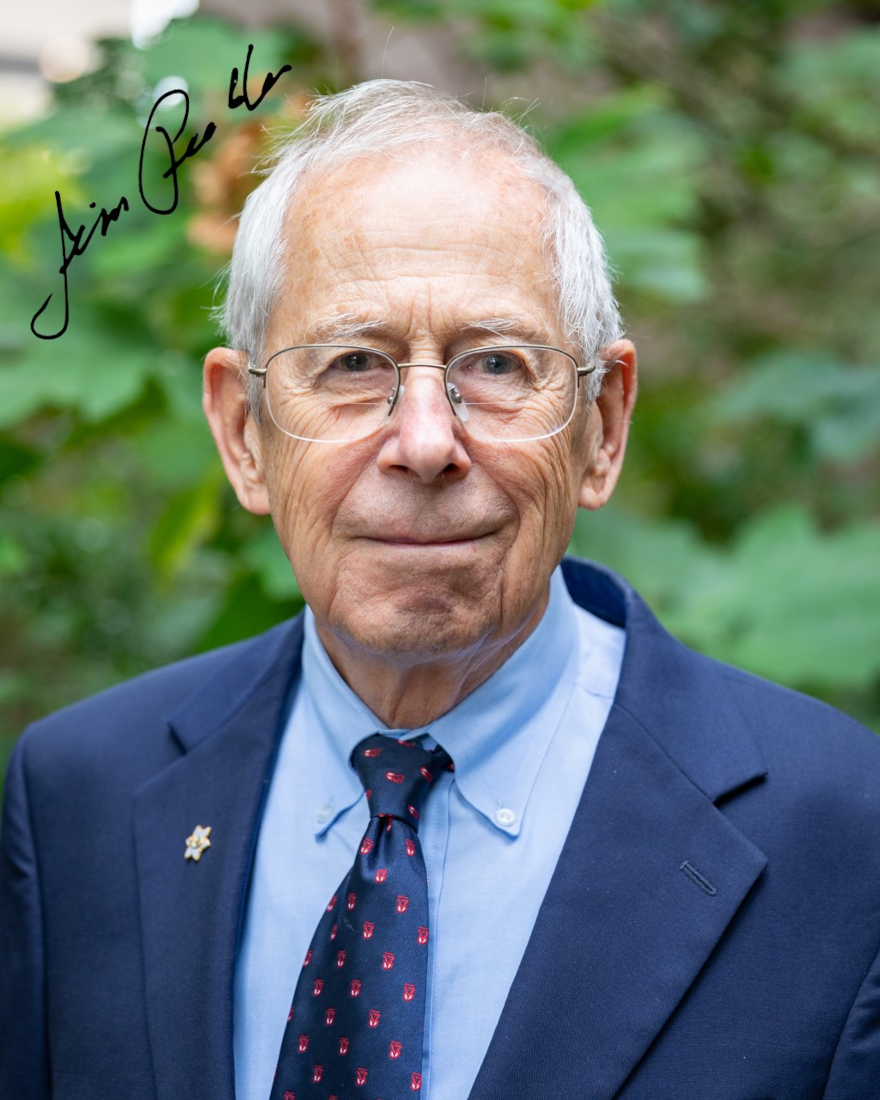Origin stories: James Peebles
‘Nobel’ effort pays off
Former Winnipegger and astrophysicist James Peebles recalls receiving a 5 a.m. phone call from Stockholm back in 2019. The call informed him he was the recipient of the Nobel Prize in physics.
“I wasn’t terribly surprised, because I had (heard) hints of this and opinions among colleagues that it might happen. I have done quite a bit that I think is important. The prize seemed to me to be reasonable,” Peebles says.
Peebles shares the Nobel Prize for physics for his theoretical discoveries of the universe, specifically for figuring out that the big bang left behind cosmic microwave background radiology (CMB).
The rest of the prize was awarded jointly to Michel Mayor and Didier Queloz for their cosmology discoveries.
The Scientific American describes CMB as “a faint glow of light that fills the universe, falling on Earth from every direction ... the residual heat of creation (and) the afterglow of the big bang.”
The prestigious prize was the end of a long list of accolades the astronomer received over the years. He feels he was at the right place at the right time in terms of a growing interest in his field of work.
“I happened to be in a career where the subject was growing as I was working on it. I did manage to make many important contributions. If I had worked in another field that was more explored, it would not have worked out that way at all. That doesn’t mean that I have particular merit rather than particular luck,” Peebles says.
Peebles wasn’t always interested in how the universe works. It was during his time at the University of Manitoba (U of M) that he discovered an interest in physics. He continued on to Princeton University as a graduate student.
Arriving in Princeton, Peebles did not initially display an interest in astronomy or the large-scale universe. In fact, he was reluctant to get involved with physical cosmology, because he felt the subject was too formulaic. However, as his involvement with astronomy increased, so did his fascination.
“The subject I was studying was pretty schematic business when I went in, so schematic that I was kind of reluctant to start working in this field,” Peebles says.
Born in 1935 in St. Boniface, the Nobel laureate later moved to St. Vital where he attended Glenlawn Collegiate. Peebles completed his undergraduate studies at the U of M, where he was first exposed to calculus and took an interest in engineering.
He left Winnipeg in 1958 to attend Princeton University, where he obtained his PhD in physics in 1962. He never left, and, today, Peebles is the Albert Einstein Professor Emeritus of Science at Princeton.
Prior to COVID-19, Peebles visited Winnipeg regularly with his wife, Alison, who is also from the city.
“When we come back, we are particularly taken by some beautiful parks that I think are relatively new compared to when we were there. I remember Birds Hill Park, which is a great pleasure, and Oak Hammock (Marsh) is really a beautiful place if you love watching birds,” Peebles says.
Peebles has one remaining sister, Audrey Kopanchena, who lives in North Kildonan and is a University of Winnipeg (U of W) alum.
He insisted there be mention in the article of his older sister’s achievement. She is the recipient of a gold medal in anthropology conferred to her by the U of W in 1980.
It’s a noble gesture from a Nobel recipient.
Published in Volume 76, Number 23 of The Uniter (March 31, 2022)








